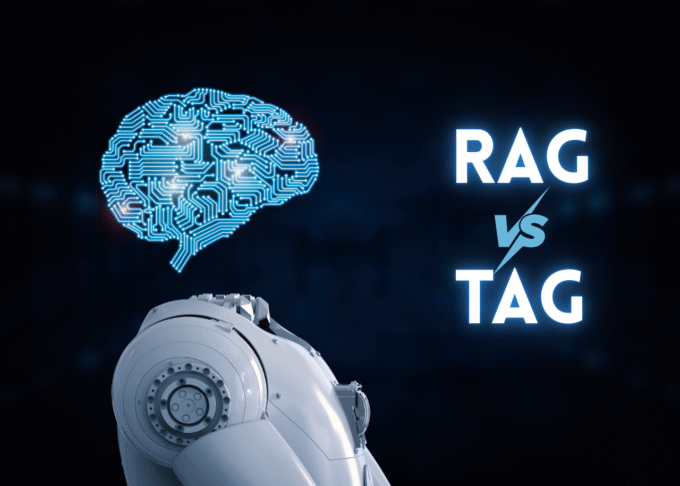Introduction:
Emphasizing the critical need for algorithmic accountability in AI systems. “Algorithmic accountability, is not just about assigning blame; it’s about establishing clear lines of responsibility for AI-driven decisions.”
The Challenge of AI Decision-Making:
AI systems can make complex decisions that have significant consequences. Businesses must establish clear accountability mechanisms to ensure that AI decisions are ethical and responsible.
Key Components of Algorithmic Accountability:
- Auditable AI Systems: Designing AI systems that can be audited for fairness and transparency.
- Human Oversight: Implementing human oversight and intervention to ensure accountability.
- Impact Assessments: Conducting regular assessments of the potential impact of AI systems.
- Remediation Mechanisms: Establishing mechanisms to address and correct errors in AI decisions.
- Legal and Regulatory Frameworks: Developing legal and regulatory frameworks for AI accountability.
Case Studies and Insights:
Companies that have implemented robust algorithmic accountability mechanisms have gained a competitive advantage by building trust with customers and stakeholders. These examples demonstrate the business value of ethical AI governance.
Building an Algorithmic Accountability Framework:
To maximize the benefits of AI while minimizing risks, businesses must:
- Develop AI Governance Policies: Establishing clear policies for AI development and deployment.
- Foster a Culture of Ethical AI: Promoting ethical awareness and training within the organization.
- Engage with Stakeholders: Seeking input from diverse stakeholders to ensure accountability.
The Future of Algorithmic Accountability:
The future will be driven by the development of more sophisticated AI governance frameworks and the implementation of AI-powered accountability tools. Businesses and institutions that prioritize algorithmic accountability will create more trustworthy and responsible AI systems.















